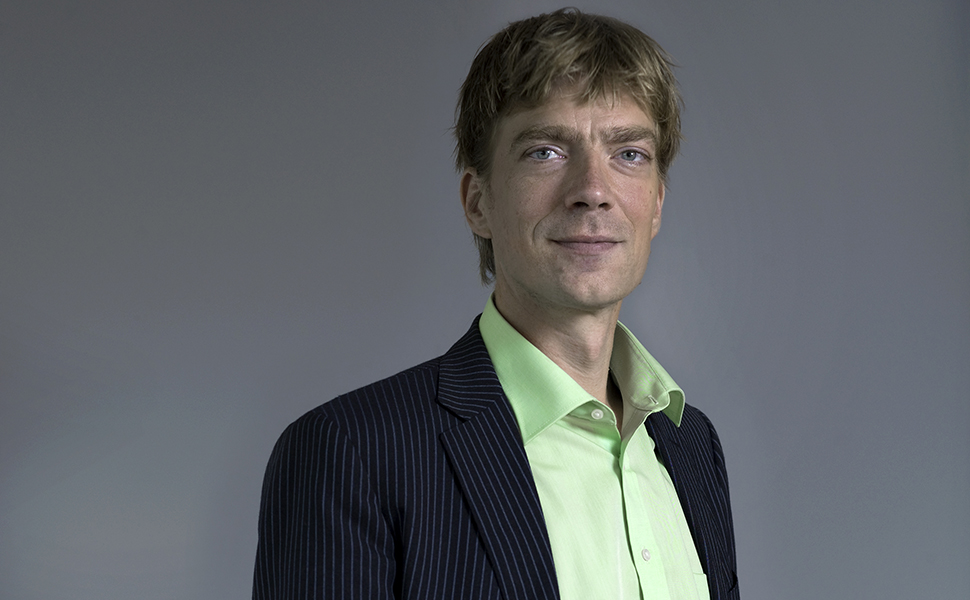
Urban Research
Sustainability transitions: how to research and accelerate transformative social innovation
Urban landscapes await great social transformations. How could we manage the challenges ahead, and what practical examples can we think of? Professor Derk Loorbach and Professor John Holmberg will give some indications at Urban Research, a seminar and discussion forum.
Speakers:
Professor Derk Loorbach, Erasmus University Rotterdam and Dutch Institute for Transitions (DRIFT)
Professor John Holmberg, Chalmers and project leader Well-being in Sustainable cities (WISE)
Panel members:
Professor Björn Sandén, Chalmers
Docent Michael Landzelius, University of Gothenburg
Date: May 21
Time: 1.00-4.00 pm
Place: Gothenburg, Vera Sandbergs Allé 8, Vasa C
Register no later than May 15
Questions? Contact Ylva Norén Bretzer, ylva.noren-bretzer@spa.gu.se, +46 (0)704-36 24 49
Professor Derk Loorbach
Derk Loorbach is one of the founders of the transition management approach as a new form of governance for sustainable development. He has written over 100 publications in this area and has been involved as action researcher in numerous transition processes with government, business, civil society and science. He is a frequently invited keynote speaker in and outside Europe. He is currently professor at Erasmus University Rotterdam and director of the Dutch Institute for Transitions (DRIFT).
Within his research, Derk focuses on the development of transition management in theory and practice through theory development and action research. In 2004 he started, together with Jan Rotmans, the Dutch Research Institute for Transitions (Drift) at the Erasmus University Rotterdam.
Central theme in his research is the development of an integrated framework for structuring transition management activities and for organizing transition management processes. Transition management is a new governance-model based on complex systems’ thinking and is aimed at facilitating and directing processes of societal change in the direction of sustainability. He is at the forefront of developing science and practice of transitions.
WISE Well-being in Sustianable Cities
The overall aim of the Well-being in Sustainable Cities (WISE) project is to facilitate joint knowledge production between scientists and expert civil servants in order to support the transition towards low-carbon cities. WISE is carried out in cooperation between Chalmers University of Technology, City of Gothenburg, The Swedish Transport Administration and Region Västra Götaland. There are five sub-projects:
1. Low carbon transitions for Gothenburg: potentials and well-being consequences
2. Radical policies: well-being effects of congestion charges
3. Decision models for executing sustainable transitions in the transport sector
4: Re-defining urban progress: exploring new paths toward attractive low-carbon futures
5: Work-time innovations
Program
1.00-1.20 pm: Introduction, PhD Jessica Algehed, Mistra Urban Futures and Professor John Holmberg, Chalmers
1.20-2.20 pm: Presentation, Professor Derk Loorbach, Dutch Institute for Transitions (DRIFT), Erasmus University
Rotterdam
2.20-2.35 pm: Presentation, WISE Well-being in Sustainable cities, John Holmberg
2.35-3.00 pm: Coffee
3.00-4.00 pm: Open discussion, led by John Holmberg with panel members Professor Björn Sandén, Chalmers and
Docent Michael Landzelius, University of Gothenburg.